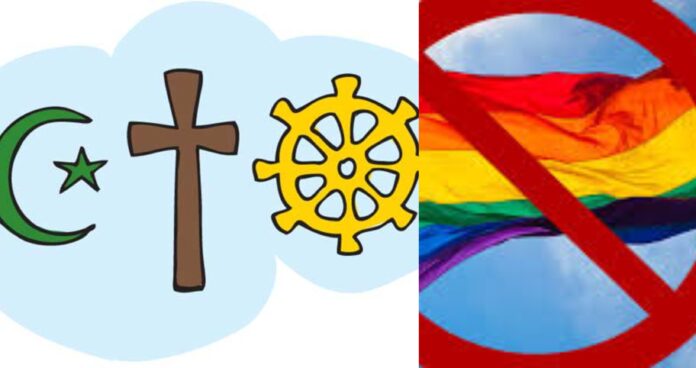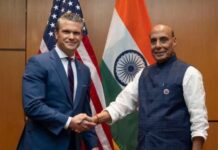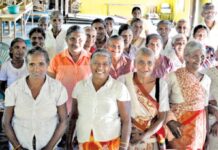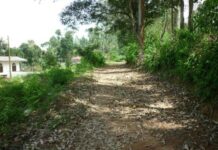Major religious organizations in Sri Lanka have registered their strong opposition to recent government actions perceived as promoting LGBTQ-themed tourism and the associated legal recognition of non-heteronormative lifestyles.
The dissent follows a public discourse sparked by communication from the Sri Lanka Tourism Promotion Bureau (SLTPB) regarding LGBTQ-themed events and the endorsement of an LGBTQIA tourism initiative by the Chairman of the Sri Lanka Tourism Development Authority (SLTDA).
The Chief Prelates (Maha Nayaka Theras), who represent influential Buddhist leadership, have directly addressed the President yesterday (Sep 30) regarding the issue of LGBTQ tourism. Recent reports indicate that the Chief Prelates oppose laws that they believe are destroying values and promoting homosexual behavior. They wrote directly to the President concerning LGBTQ tourism and the ban on corporal punishment. Conservative views rooted in cultural norms and religious teachings generally shape attitudes towards non-heteronormative identities in Sri Lanka, presenting a challenge to embracing LGBT tourism.
The All Ceylon Jamiyyathul Ulama (ACJU), a recognized religious body serving the Muslim Community, issued a press statement on September 30, 2025, regarding the promotion of same-sex tourism. The ACJU stated its opposition to the preliminary arrangements made by the Sri Lanka Tourism Development Authority to promote legal recognition for same-sex tourism. The organization argues that taking such measures purely to achieve economic objectives, while disregarding religious beliefs and moral values, is inappropriate.
The Catholic Church in Sri Lanka does not recognize same-sex marriages. Cardinal Malcolm Ranjith has stated that same-sex marriages “are not a human right”.
The catalyst for the religious opposition was the formal endorsement issued on September 9, 2025, by the SLTDA Chairman, Buddhika Hewawasam, to EQUAL GROUND for its LGBTQIA Tourism Project. This letter, titled “Endorsement of [Equal Ground’s LGBTQIA Tourism Project],” recognized the potential of the project to diversify tourism markets and position Sri Lanka as a safe, inclusive, and welcoming destination for all travelers. The endorsement granted EQUAL GROUND the authority to liaise with tourism stakeholders—including hotels, tour operators, and guides—to conduct Diversity, Equity, and Inclusion (DE&I) training and awareness programs.
Following the backlash, the Ministry of Tourism issued a clarification, assuring the public that the government has not decided to run a specific tourism promotion campaign targeting LGBTQ+ foreign tourists. While proposals regarding LGBTQ-themed events were presented for consideration, they are part of broader discussions aimed at reinforcing Sri Lanka’s image as a safe and welcoming destination for all.
The Ministry emphasized that while Sri Lanka respects all genders and communities, this respect should not be misinterpreted as an endorsement or promotion of any particular sexual behaviors or activities. The Ministry also acknowledged that the topic has generated concern among certain segments of society and called upon stakeholders, including political and religious leaders, to approach the matter with understanding and calm.



